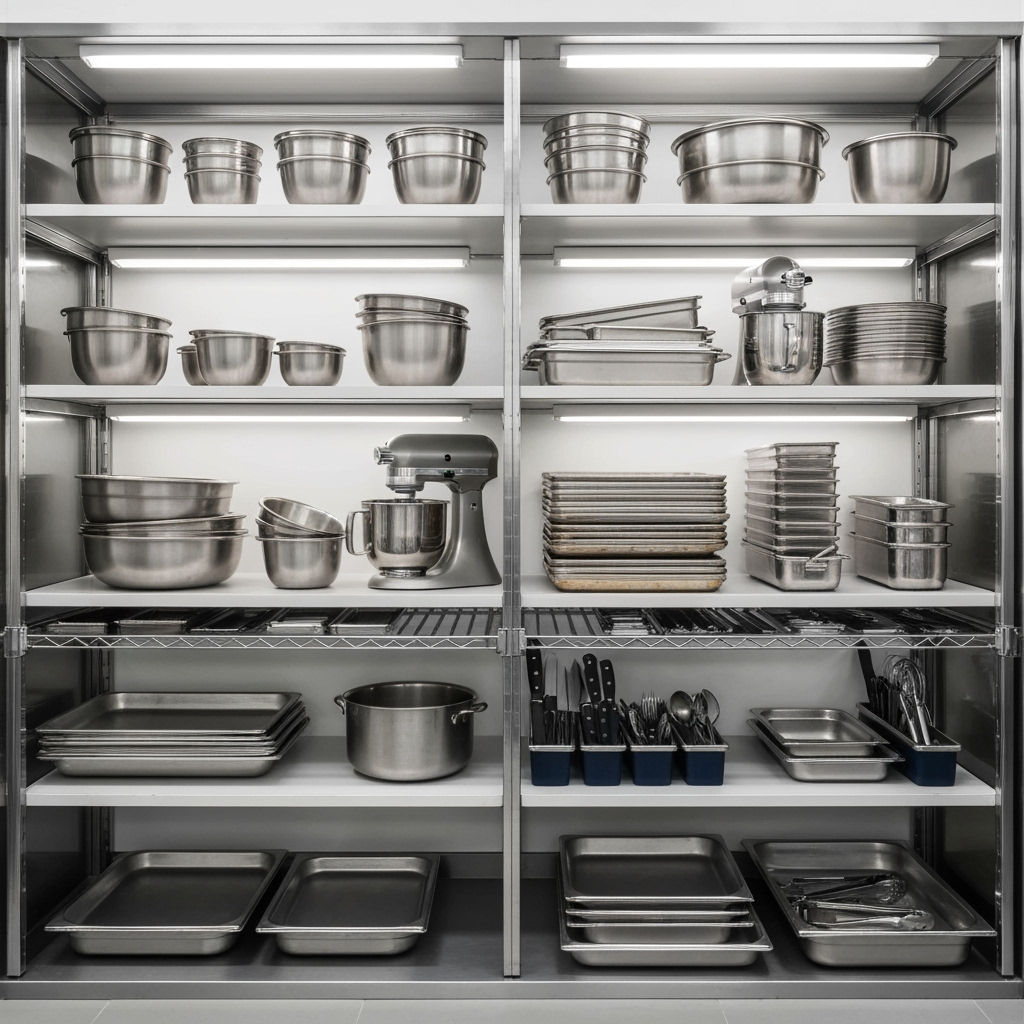
The Rise of Home-Based Food Businesses: Meeting Storage Challenges Head-On
The cottage food industry is booming, with more entrepreneurs than ever launching food businesses from their home kitchens. While operating from home offers many advantages, one significant challenge these business owners face is managing storage space effectively. Whether you’re a baker, caterer, or specialty food producer, proper storage solutions are crucial for success.
Why Traditional Home Storage Isn’t Enough
Home-based food entrepreneurs quickly discover that standard kitchen storage can’t accommodate their growing business needs. Between bulk ingredients, specialized equipment, packaging supplies, and seasonal items, the space requirements can quickly overwhelm a home kitchen. This is where smart storage solutions become essential for business growth and compliance.
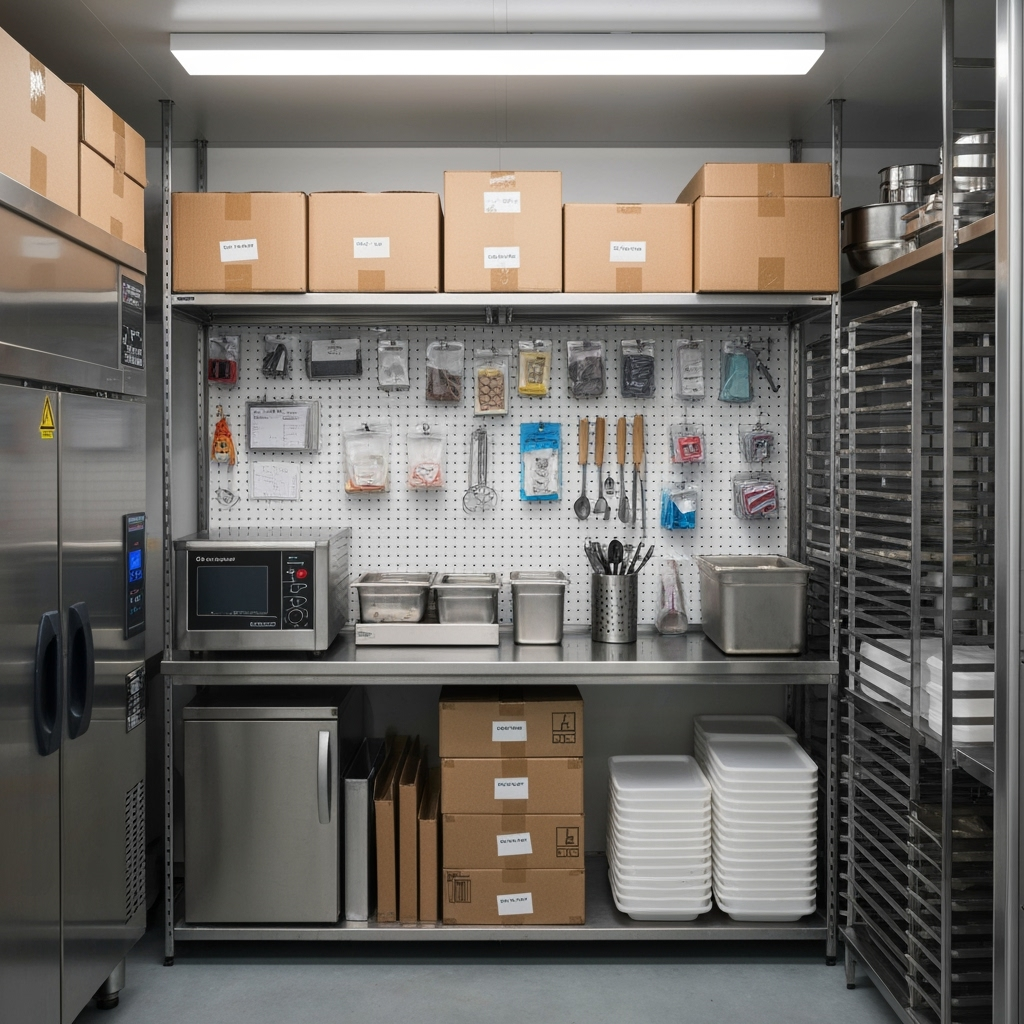
Essential Storage Solutions for Food Business Success
1. Climate-Controlled Units for Temperature-Sensitive Items
• Ideal for storing temperature-sensitive equipment and supplies
• Maintains consistent temperature to protect ingredients
• Prevents humidity damage to packaging materials
• Perfect for seasonal equipment storage
2. Organization Systems for Inventory Management
• Industrial shelving for efficient space utilization
• Clear containers for easy ingredient identification
• Dedicated zones for different categories of items
• Rotation systems for inventory management
3. Equipment Storage Solutions
• Space for larger appliances and specialized equipment
• Protected storage for seasonal items
• Organized storage for baking sheets, pans, and tools
• Easy access to frequently used items
Making the Most of Your Storage Unit
Smart Storage Strategies
1. Label everything clearly with dates and contents
2. Create an inventory system that works for your business
3. Use vertical space efficiently with appropriate shelving
4. Maintain clear pathways for easy access
5. Implement a first-in, first-out (FIFO) system
Compliance and Food Safety Considerations
When using storage units for food business supplies, it’s essential to maintain proper food safety standards:
- Store food items in appropriate food-grade containers
- Keep cleaning supplies separate from food items
- Maintain proper temperature control
- Regular cleaning and pest prevention measures
- Documentation of storage conditions for compliance
Scaling Your Storage Solutions
As your business grows, your storage needs will evolve. Consider these tips for scaling:
- Start with a slightly larger unit than you currently need
- Plan for seasonal fluctuations in inventory
- Create flexible storage systems that can adapt
- Consider multiple units for different storage needs
- Regularly review and optimize your storage strategy
Cost Management and ROI
View your storage solution as a business investment. Consider these factors:
- Compare storage costs to home renovation alternatives
- Calculate the value of freed-up home space
- Consider the benefits of climate control for inventory protection
- Factor in the convenience and accessibility
- Account for potential business expansion
Getting Started with Your Storage Solution
Ready to optimize your home-based food business storage? Here’s how to begin:
- Assess your current and future storage needs
- Choose the right size and type of storage unit
- Plan your organization system before moving in
- Invest in proper storage containers and shelving
- Set up a regular maintenance schedule
Conclusion
The right storage solution can be a game-changer for your home-based food business. By implementing these strategies and utilizing professional storage facilities, you can focus on growing your business while maintaining organization and compliance. Remember, successful food businesses require not just culinary expertise but also smart operational solutions – and proper storage is a crucial piece of that puzzle.




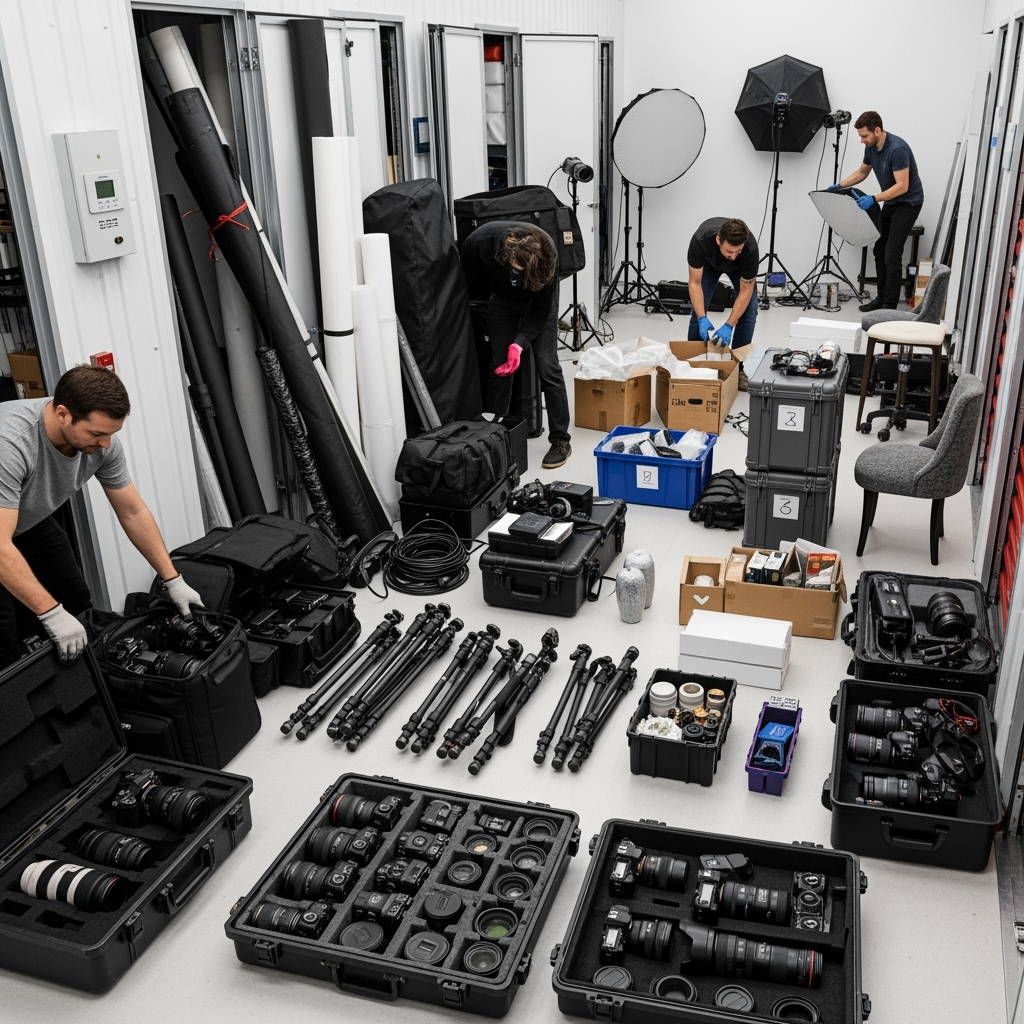
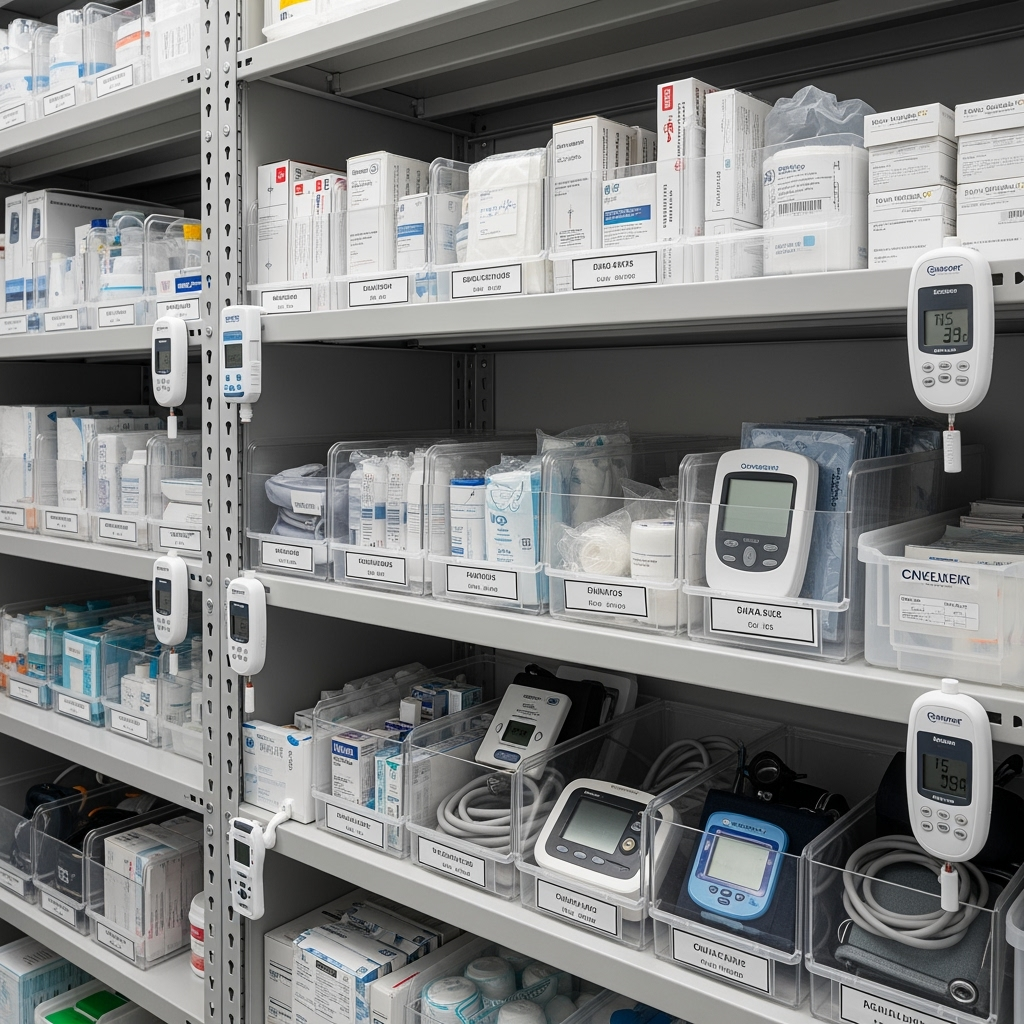
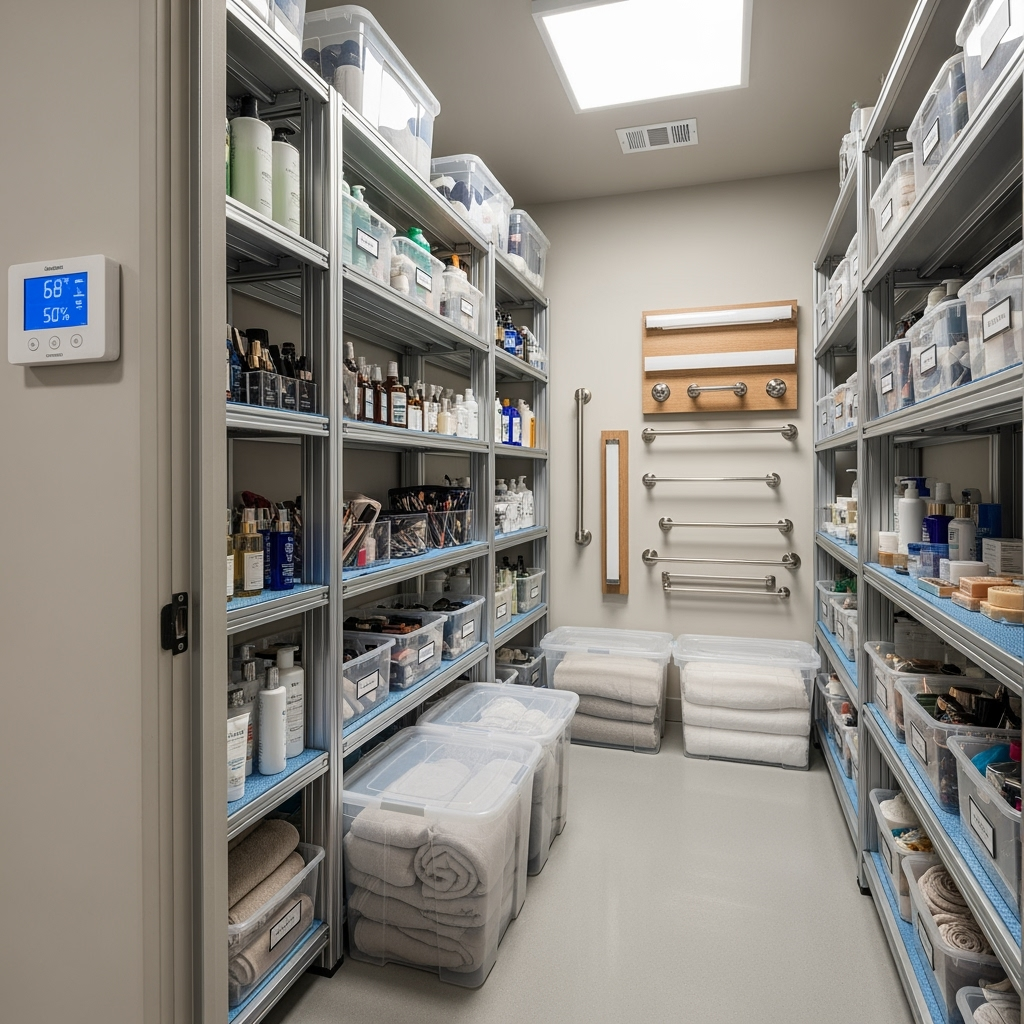
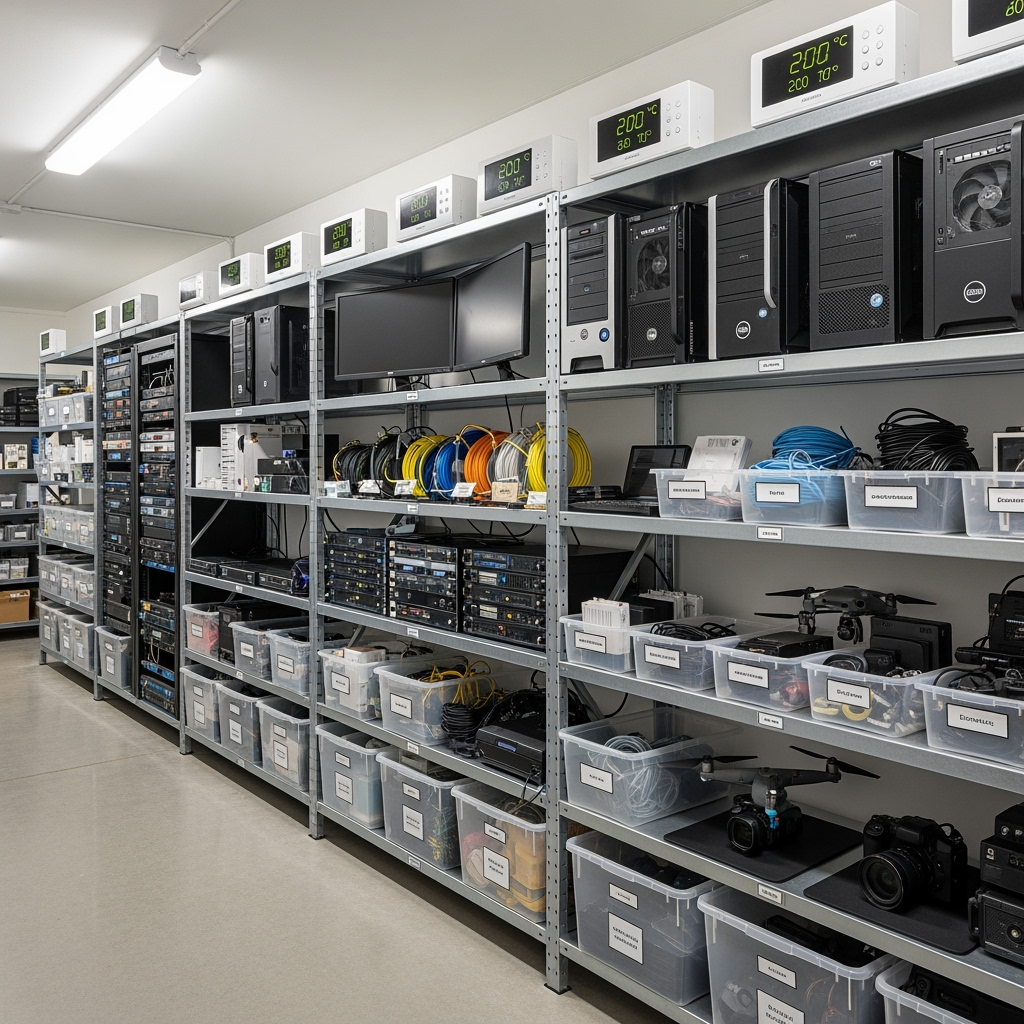

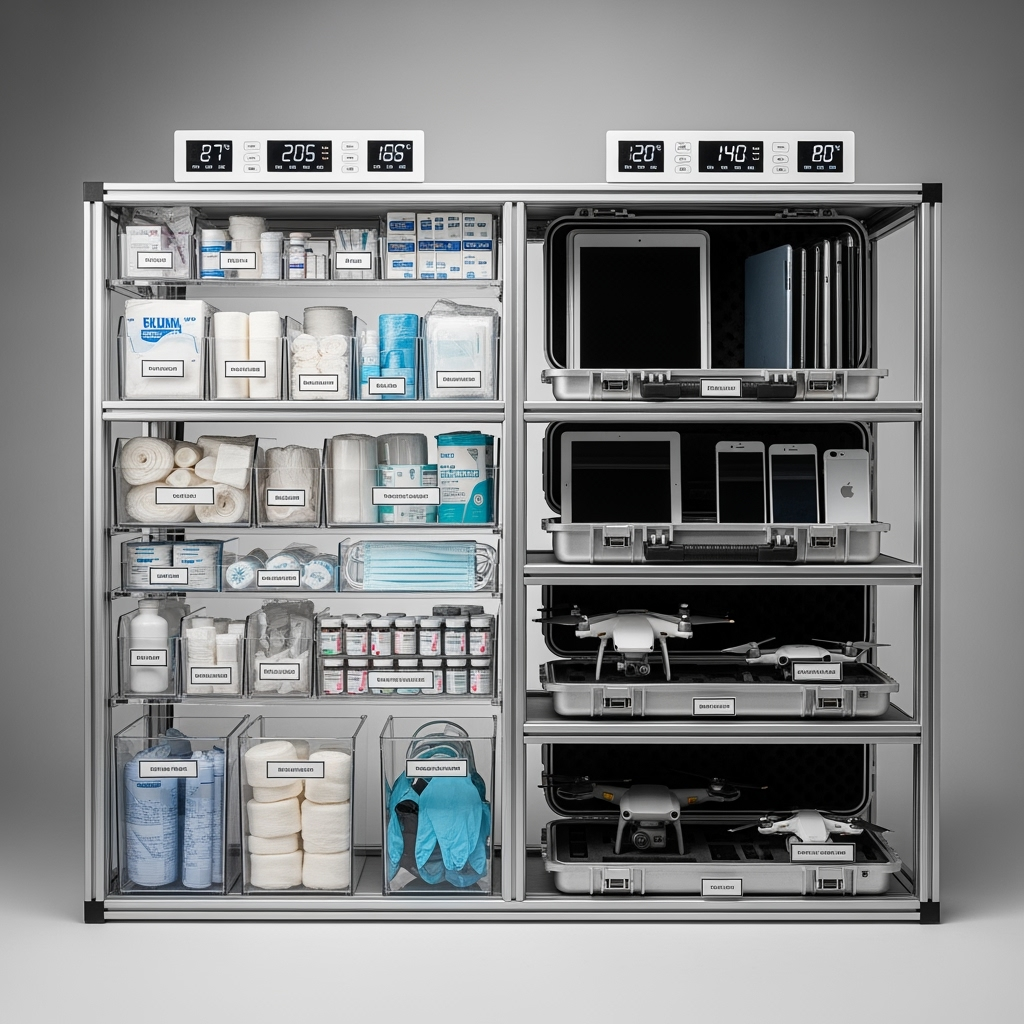
Leave a Reply